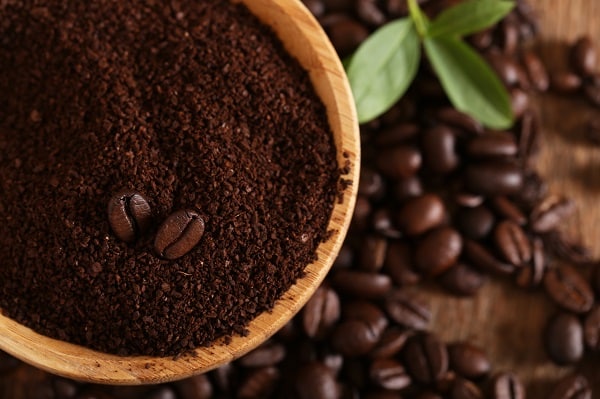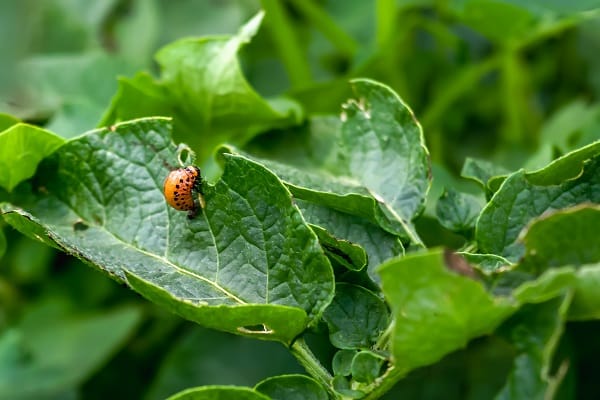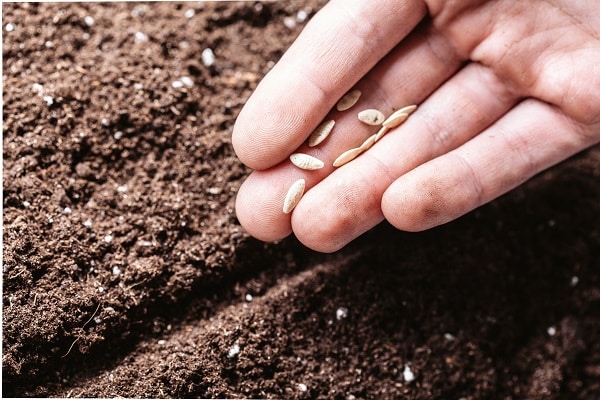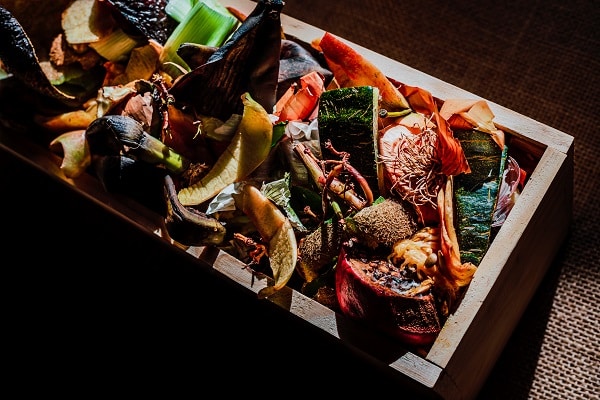If you are like most people, you start your day with a hot cup of coffee. But what do you do with the coffee grounds once you’re finished with your drink? If you’re throwing them away, you’re wasting a valuable resource! So instead, you can use coffee grounds for a variety of different tasks, both in and outside of the home. From a natural pest repellent for your garden to a facial exfoliator, the possibilities are endless. So read on to learn some of the creative alternative uses for coffee grounds!
Contents
The Natural Elements Found In Coffee
Coffee grounds are more than just the end of a good cup of coffee. They contain several different natural elements that can be beneficial to various aspects of life. For example, nitrogen helps prevent mold from forming, making coffee grounds great for preventing unwanted particles from attaching themselves to other items in the environment.
Moreover, coffee grounds have anti-fungal and anti-bacterial properties due to their robust presence of tannins, which is why they can be an excellent fertilizer for plants in your garden. And if that wasn’t enough, coffee grounds are also a great source of calcium and potassium – both of which can be helpful in providing essential nutrients for healthy plant growth.
Alternative Uses For Coffee Grounds
Now that you know about the different natural elements found in coffee grounds, let’s take a look at how you can use them around your yard and garden to ensure a healthy environment.
Keep Pests Away
Coffee grounds can be an unexpected ally in the war against pests! Besides being an inexpensive and all-natural solution, using coffee grounds to repel pests can be highly effective. Simply placing them around the perimeter of your garden or in areas where pests tend to linger can create an invisible shield that will put a stop to unwanted visitors. Coffee grounds contain high levels of nitrogen which is toxic for many common garden pests, such as slugs, snails, and ants.
Additionally, some mammals will avoid the area due to the coffee grounds’ sharp scent and bitter taste. Best of all, not only will you get rid of troublesome pests like these, but you are also doing your plants a favor by adding valuable nutrients back into the soil. All in all, it’s a smart and simple way to keep your plants safe – so put your leftover coffee grounds to good use!
Fertilize Your Garden
Utilizing coffee grounds to fertilize your garden is another excellent way to recycle something that would typically be thrown away. Not only do coffee grounds give a kick of nitrogen to your plants, but they provide helpful organic matter for sturdy root growth. In addition, if you use brewed and cooled coffee grounds, they will have high levels of potassium, which enables the slow release of vital nutrients and allows the soil to absorb moisture better.
Simply throw them around the base of your plantings, or mix them into the soil prior to planting. With some simple effort and creativity, you can transform something destined for the garbage into an environmentally sustainable resource for gardening success!
Help With Seeding
Along with enriching your soil, coffee grounds can be a great tool to help in the success of seeding your garden! Applying a half-inch layer of fresh coffee grounds around your plants helps keep the soil moist and protects them from both pests and diseases. Coffee grounds are also rich in nitrogen, potassium, and phosphorus – three organic ingredients that are essential for healthy plants.
When used as a mulch around the roots of your plants, coffee grounds retain more moisture, allowing you to use less water when it’s time to water. Coffee grounds also act as an inhibitor to weeds by blocking out necessary light and air from reaching the seed. So if you’re looking for an easy and prosperous way to start growing your dream garden, coffee grounds may be the key!
Feed The Worms
Due to their high nitrogen content, coffee grounds are favored by the worms in the soil. This means that by spreading them around your compost heap or even mixing directly into the garden bed, these wriggly little burrowers will not only help with aerating and enriching the soil, but they’ll also start feasting on any leftover coffee grounds. As an added bonus, this helps break down debris and other organic matter so it can be better absorbed and used as nutrients by plants.
However, take care when using coffee grounds to feed the worms, as too much of a good thing can sometimes be harmful. Be sure not to overdo it – starting with a thin layer and gradually adding more over time is the best way to ensure you’re helping your garden in the most efficient way possible.
Improve Your Compost
Coffee grounds have proven to be an incredibly useful addition to any compost pile – they are a great source of nitrogen and, added in moderation, can help break down the other organic materials that would otherwise take longer to decompose. Coffee grounds also provide microorganisms with essential food like lipids, proteins, and carbohydrates – all necessities when it comes to aiding in the breakdown process.
And finally, coffee grounds also act as a protective layer on top of your compost pile to ensure that its heat remains insulated. With these benefits in mind, it’s easy to see why adding some coffee grounds into your compost can be an incredibly advantageous decision!
Start Putting Those Coffee Grounds To Good Use!
Recycling coffee grounds can be an effective and creative way to help you achieve the garden of your dreams – you just need to know how and where to utilize them. From fertilizing and seeding to helping with worms and improving your compost pile, there are many different ways in which leftover coffee grounds can contribute to a thriving garden. So after you enjoy your morning cup of joe, remember to save the grounds – you never know just how helpful they can be in making your outdoor oasis a reality!





